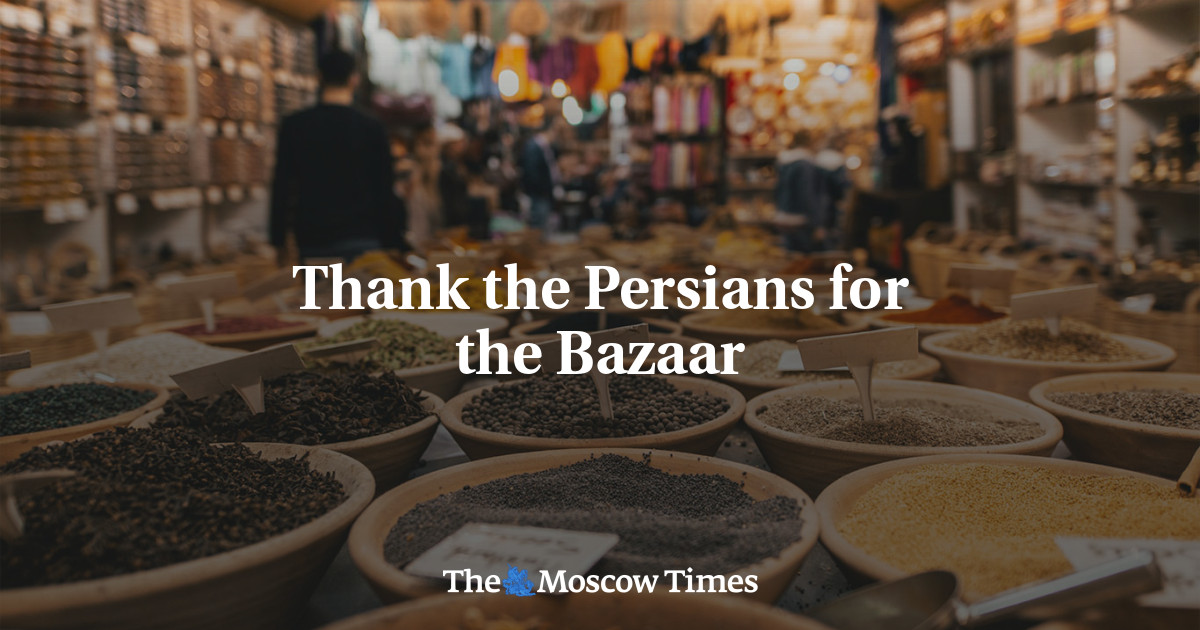
Сарай: shed
All languages borrow words from other languages. Most of the time we borrow words for things or actions that we didn’t have in our own country/culture/language. This includes a lot of food, drink, handy phrases, or objects like expresso, borshch, tsar, ciao, or sushi. Sometimes it’s just a word the borrowers like, even if they don’t really need it, like duo for pair.
Russian has also borrowed all kinds of words from neighbors, invaders and conquered peoples over the centuries. In more recent memory there were big waves of word adoptions from the West, starting in the reign of Peter the Great: German and Dutch followed by French and then English in the 20th and 21st centuries. Before that, loanwords came from the other three compass points: north, east and south.
In the past I’ve looked at loanwords from the Turkic languages that are still used in Russian, but I never considered words borrowed from Persian. It’s a bit tricky to determine which loanwords they are because many words started in Persia and then made their way into Russian through one of the Turkic or Arabic languages. But the next time you sit on your диван (couch), holding бумага (paper) in one hand and стакан (glass) in the other, thank the Persians.
Russian-Persian relations from the mid-17th century to the early 19th were basically a series of five wars interspersed with peace treaties. The two empires were fighting over the South Caucasus, what is now Azerbaijan, Georgia, Armenia and Dagestan. Despite the ferocity of the wars, the periods of peace must have been very chummy. Russians picked up a great number of household objects and their names. Бумага (paper) got its start in the Persian word for cotton, pambak, and slowly worked its way through Europe and eventually Russia, most likely via Italian. Стакан (glass) and фарфор (porcelain) came to Russian from Persian via the Turkic languages, while диван (couch) arrived from France and French. Its original meaning was a council chamber and then morphed to mean the long seats covered with cushions that lined council halls. That meaning was picked up by the French and made its way eastward to Russia.
Another batch of words were imported from Persian to describe what you might be wearing when you are lounging on the диван and sipping something from your стакан. Clearly English speakers were sharing the couch with Russians, dressed in кафтан (caftan) and пижама (pajamas). All of these items could be purchased at their local базар (bazaar).
And a third batch is connected with dwellings and also arrived via the Turkic languages: чердак (attic), meaning a balcony or room at the top of a building; and шатёр, a tent or tented roof.
Сарай has had an inexplicable journey and curious destination. In Persian it meant a palace, and that meaning has been retained with names such as Бахчисарай (Bakhchysarai), a city in Crimea that means Garden Palace. But somehow in other parts of Russia and in the Russian language, over the years the palace fell into repair and lost most of its square meters to became a shed (a hut, shed) in the backyard of a dacha. So right now, depending on where you are and what you are talking about, it might still be a palace, or it could be a city, or it might be the scary woodshed filled with junk in the far corner of your backyard.
Sometimes words go back and forth like this travel bag: the Russian word for suitcase, чемодан, arrived in Russia via one of the Turkic languages. The word originally came from Persian where it was jâme-dân, literally a “garment holder.” And then after a while, the word got tired of traveling around Russia, so чемодан went back to modern Persian as čamedân.
There are two words that I was very surprised to learn were originally from Persian. One is рай (paradise, heaven), which several etymological dictionaries cite as derived from the Indo-Iranian word meaning treasure, wealth and happiness. Other etymologists cite that the Slavic and Indo-Iranian words are related, which I suppose means they are cousins with parents unknown.
Another is ради (for the sake of), probably borrowed from the Old Persian rādiy or related to it; see cousins above.
So thanks to the Persians, we can sit в пижамах, sipping tea (purchased на базаре) from фарфоровых чашек and think about рай.





